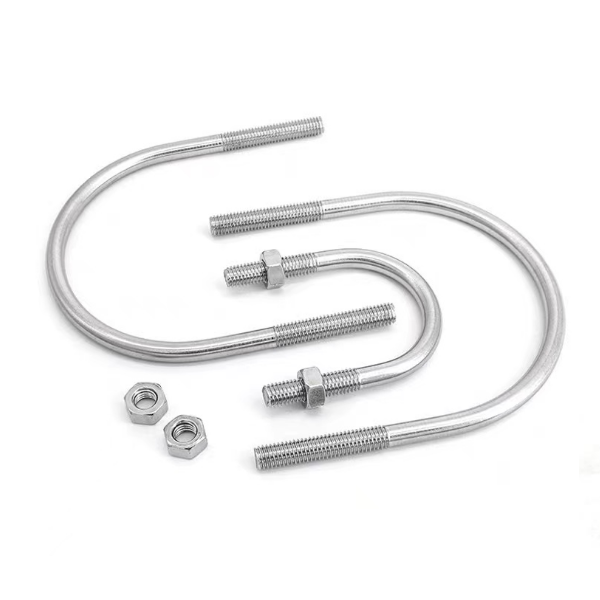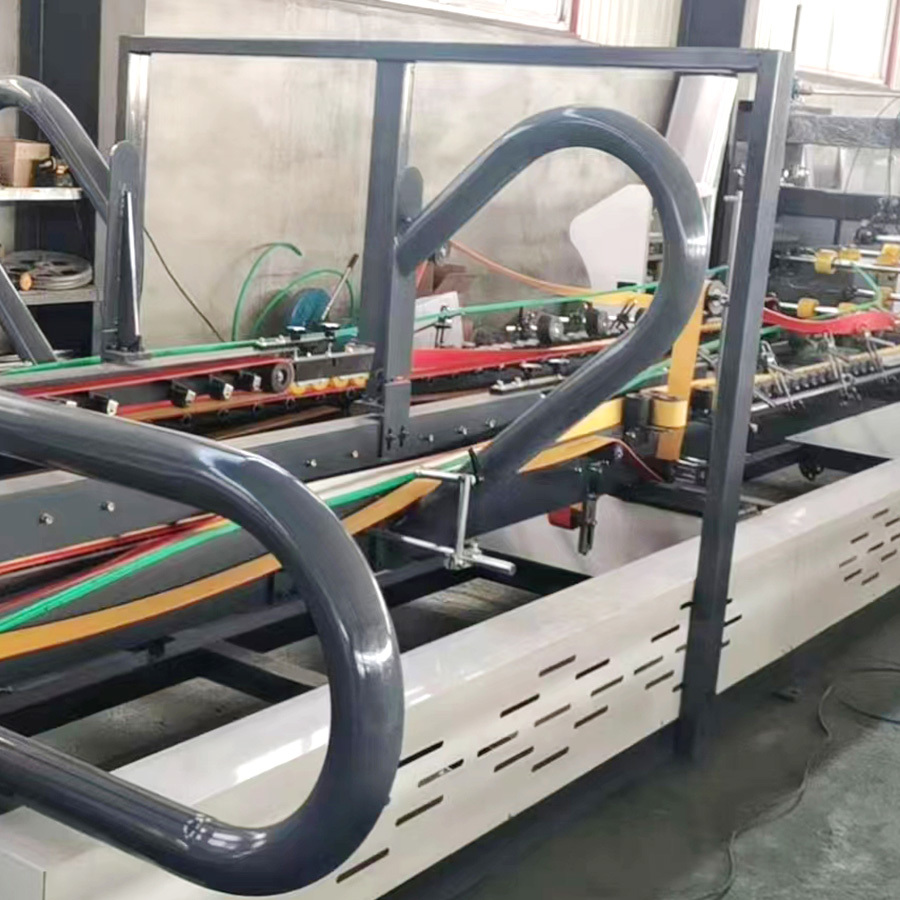language
English
العربية
বাংলাদেশ
Български
Hrvatski
Česky
Dansk
Nederland
 Esperanto
Esperanto
Slovenski
Filipino
Suomi
Français
Maori
 Shqiptare
Shqiptare
Georgian
 Euskara
Euskara
Deutsch
Ελλάδα
ישראל
इंडिया
Magyarország
Ísland
Indonesia
Irlanda
Italia
日本語
Sovensko
Հայաստան
한국
Kyrgyz
ປະເທດລາວ
 Zulu
Zulu
Latvian
Lithuanian
Luxembourgish
 Latinus
Latinus
Macedonian
Малайская
Maltese
Монгол улс
 Cymraeg
Cymraeg
ဗမာ
 தமிழ்
தமிழ்
नेपाल
Norge
ایران
Polska
Portugal
România
Российская
Србија
 Slovak
Slovak
Србија
 Slovak
Slovak
Bosanski
Slovenian
Беларус
España
Sverige
Точик
ประเทศไทย
Türk
Azərbaycan
Uzbek
 Afrikaans
Afrikaans
Việt Nam
Understanding Allen Bolts: Essential Fasteners for Industrial Applications
2025-05-07
Allen bolts, also known as socket head cap screws, are a crucial component in various industrial applications, primarily used for fastening and connecting different parts together. These fasteners are characterized by their cylindrical head and hexagonal socket, which allows for a secure grip when using an Allen wrench or hex key. Unlike traditional screws that require a screwdriver, the design of
Allen bolts, also known as socket head cap screws, are a crucial component in various industrial applications, primarily used for fastening and connecting different parts together. These fasteners are characterized by their cylindrical head and hexagonal socket, which allows for a secure grip when using an Allen wrench or hex key. Unlike traditional screws that require a screwdriver, the design of Allen bolts offers several advantages, making them a popular choice in industrial settings.
One of the primary benefits of using Allen bolts is their ability to provide a higher torque strength compared to other fasteners. The hexagonal socket allows for better distribution of force, reducing the likelihood of stripping the head during installation. This makes Allen bolts particularly advantageous in applications where high tension is required, such as in machinery, automotive components, and structural frameworks.
Another significant advantage is the compact design of Allen bolts. Their low-profile head allows them to fit into tighter spaces that standard screw heads cannot. This feature is especially valuable in modern machinery and equipment, where space is often limited and every millimeter counts. Moreover, the smooth, rounded contours of the heads reduce the risk of snagging or interference with other components, contributing to a streamlined assembly process.
In terms of material, Allen bolts are typically made from high-strength steel or stainless steel, which enhances their durability and resistance to corrosion. This is essential in environments where exposure to moisture, chemicals, or extreme temperatures is common. The choice of material can significantly impact the performance and longevity of the fastener, making it crucial to select the right type based on the specific application requirements.
When it comes to installation, Allen bolts can be used in various configurations, including through holes, tapped holes, or even in conjunction with nuts. Their versatility allows for a multitude of fastening solutions across numerous industries, from construction to manufacturing. Additionally, the availability of different lengths and diameters enables customization, ensuring that the right fastener is always at hand for any job.
In conclusion, Allen bolts are an indispensable element in the realm of industrial fasteners. Their design, strength, and versatility make them an excellent choice for a wide range of applications. As industries increasingly focus on efficiency and precision, understanding the benefits and applications of Allen bolts will help professionals make informed decisions that enhance their projects’ overall quality and performance.
One of the primary benefits of using Allen bolts is their ability to provide a higher torque strength compared to other fasteners. The hexagonal socket allows for better distribution of force, reducing the likelihood of stripping the head during installation. This makes Allen bolts particularly advantageous in applications where high tension is required, such as in machinery, automotive components, and structural frameworks.
Another significant advantage is the compact design of Allen bolts. Their low-profile head allows them to fit into tighter spaces that standard screw heads cannot. This feature is especially valuable in modern machinery and equipment, where space is often limited and every millimeter counts. Moreover, the smooth, rounded contours of the heads reduce the risk of snagging or interference with other components, contributing to a streamlined assembly process.
In terms of material, Allen bolts are typically made from high-strength steel or stainless steel, which enhances their durability and resistance to corrosion. This is essential in environments where exposure to moisture, chemicals, or extreme temperatures is common. The choice of material can significantly impact the performance and longevity of the fastener, making it crucial to select the right type based on the specific application requirements.
When it comes to installation, Allen bolts can be used in various configurations, including through holes, tapped holes, or even in conjunction with nuts. Their versatility allows for a multitude of fastening solutions across numerous industries, from construction to manufacturing. Additionally, the availability of different lengths and diameters enables customization, ensuring that the right fastener is always at hand for any job.
In conclusion, Allen bolts are an indispensable element in the realm of industrial fasteners. Their design, strength, and versatility make them an excellent choice for a wide range of applications. As industries increasingly focus on efficiency and precision, understanding the benefits and applications of Allen bolts will help professionals make informed decisions that enhance their projects’ overall quality and performance.
Allen Bolts
RELEVANT INFORMATION
Understanding U Bolts: Essential Components in Industrial Applications
U bolts are specialized fasteners widely used in industrial applications due to their unique shape and functionality. Characterized by their "U" shape, these bolts typically consist of a straight threaded rod bent into a U configuration, allowing them to secure objects together in a stable manner. Their design allows for a variety of applications, making them a crucial component in sectors such as
2025-05-13
Understanding the Critical Role of Flange Bolts in Industrial Equipment
Understanding the Critical Role of Flange Bolts in Industrial Equipment
Flange bolts serve as essential components in various industrial applications, playing a critical role in ensuring the structural integrity and operational efficiency of machinery and equipment. Their unique design and functionality make them a preferred choice for fastening applications where reliability and strength are para
2025-05-10
Understanding Allen Bolts: Essential Fasteners for Industrial Applications
Allen bolts, also known as socket head cap screws, are a crucial component in various industrial applications, primarily used for fastening and connecting different parts together. These fasteners are characterized by their cylindrical head and hexagonal socket, which allows for a secure grip when using an Allen wrench or hex key. Unlike traditional screws that require a screwdriver, the design of
2025-05-07









